After enduring several financial and geopolitical crises from the 2000s, the luxury sector in Russia, whose clients spend on average 60% more than elsewhere, was getting some color back. Yes, but, for almost a month ago, Russian armed forces have been invading Ukraine. If the economic consequences of what is now an open war are well and truly tangibles in Europe, with growth forecasts already undermined by the current inflationary trend, what about the luxury world? Should its stakeholders worry about it? What might be the long-term risks and consequences?
First and foremost, this war involves immediate economic risks. In accordance with the European sanctions imposed on Russia, most of luxury brands and groups, such as Hermès, LVMH, Chanel, Prada, Kering or Richemont, have concurrently decided to close their stores across the country. Bentley, Rolls-Royce, Lamborghini and many others have suspended all their sales as well. Italy and France, the two ultimate luxury countries Russian billionaires are fond of, have initiated to seize goods that belong to oligarchs targeted by sanctions. Besides current shortfalls, the risk of discouraging rich Muscovites to invest in Côte d’Azur, Alps or Sardinia prime properties in a longer run is real. Those are, by the way, hastening to empty French and Italian harbors of their yachts in order to make them fly a more convenient flag… As often happens, and without talking about Russian retaliatory measures that hang over the EU and its businesses like a sword of Damocles, sanctions imposed on a country have, sooner or later, a boomerang effect.
Furthermore, luxury brands production costs are rising, in a context of global inflation speeded up by the war. Although these costs represent a small portion of selling prices, they (officially) justify the price hikes made by some – in particular leather – brands, much more significant than the usual ones aiming to arouse the desirability of the products. The Vuitton’s Neverfull price has then jumped by 21% in February. If the amount of top luxurious sales should not be affected by the phenomenon, the challenge is very different for “affordable luxury”, last years’ luxury driving force, but whose price-elasticity is far higher.
In the long term, a reputational risk cannot be excluded. In Russia, first, the brands that have closed the curtains could durably be perceived as anti-Russian and inextricably bound up with Western political systems. In Europe and the USA, on the contrary, their mutism concerning solidarity towards Ukraine is likely to be pointed out very soon if they limit themselves to ceasing their sales in the country of the language of Tolstoy. Especially by young people, who are now used to seeing luxury players, once “Switzerland” among industries, affirming their commitment to progressivism on the socials.
But the biggest concern certainly lies in China: which is the appropriate attitude with regard to Russia’s number-one ally? The Middle kingdom does not hide its ambition to lay hands on Taiwan anymore, but should also become the world’s first luxury market within three years. So, even if western reactions to the news in Ukraine sound like a warning for Xi Jinping, luxury brands would have major difficulties in implementing such measures in case of invasion of the island. Thus, these brands juggle announcement effects and intentional, pragmatic restraint concerning the geopolitical disputes that make news, in order to try to maintain their customer base of the most strategic markets.
by Alexandre Hontanx
